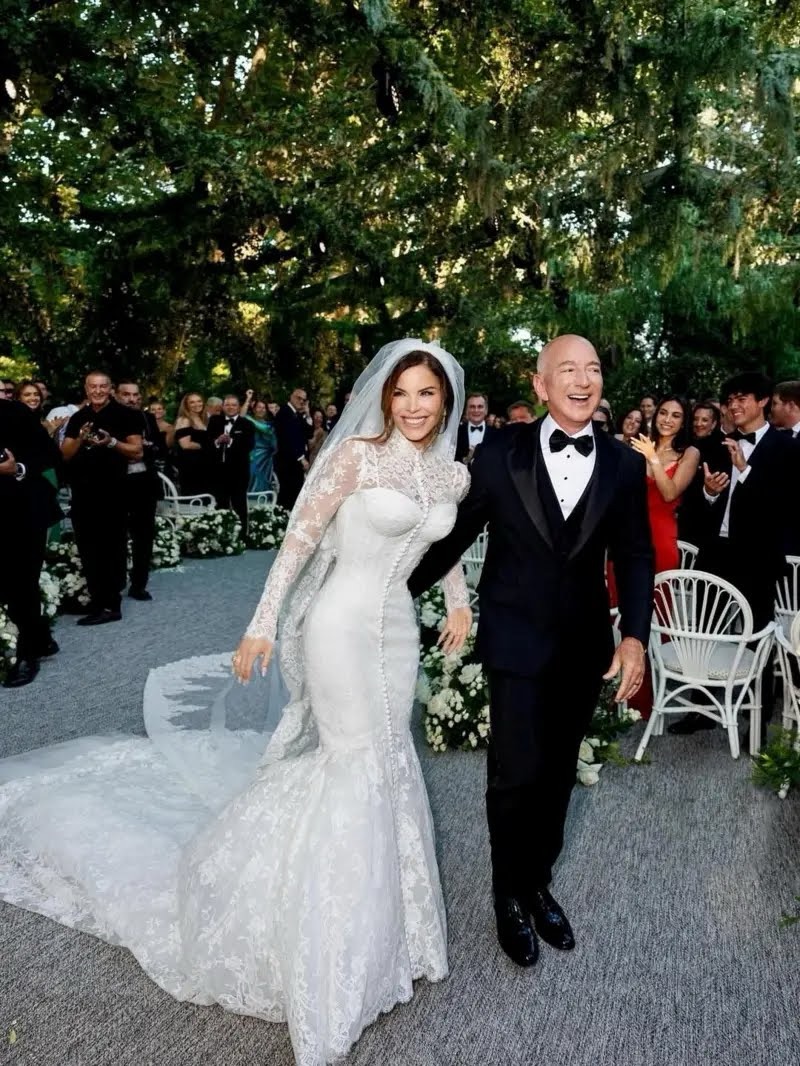Popular Nigerian singer Olawale Oloforo, better known as Brymo, turned heads with a performance at the high-profile wedding of Abibat Odunbaku and Idris Bello in Lagos last weekend. Known for his soulful and eclectic musical style, Brymo opted for an unconventional stage presence. Instead of delivering familiar romantic tunes suited for weddings, he offered a trance-like, almost performative piece that caught many attendees by surprise .
The star’s attire—a white shirt, brown trousers, and boots—paired with his signature stylized movements, left some guests uncertain. The unconventional delivery drew immediate attention, touching off a wave of social media debate . On X (formerly Twitter), @infonate humorously wondered, “Who booked Brymo and didn’t give him the dress code?”, while @funnyhen_comedian quipped, “They promise two plates of rice? Why e dey perform like upcomer?” .
Yet, not all reactions were negative. Some defended Brymo’s artistic integrity and hailed the performance as a bold form of self-expression. @SeunLagos simply stated, “E don high.” Meanwhile @TeetoOlayeni captured the divide succinctly:
“For me, Brymo is an example of separating an artiste from their art. That guy makes really good music and is also insane. I guess it takes insanity to create some sort of things.”
This incident has reignited a broader cultural conversation in Nigeria about the boundaries between artistic freedom and social expectations at public events—especially weddings. Critics argue that weddings are sentimental ceremonies requiring certain decorum, while proponents see performances like Brymo’s as refreshing, authentic artistry rather than mere entertainment . As the dust settles, one thing is clear: Brymo’s performance will continue to be a hot topic in discussions about creativity and cultural norms in Nigeria’s entertainment landscape.





